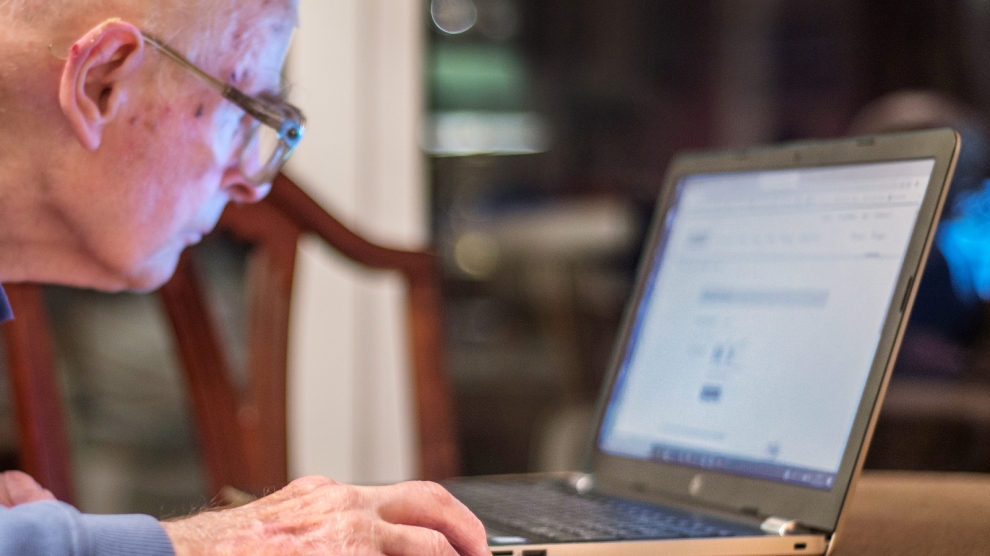Free digital literacy courses offered in libraries across Lithuania are having a big impact on reducing the country’s digital divide. More than 30,000 people took part in the courses last year, of whom more than 42 per cent were aged over 50.
The courses, part of the Connected Lithuania project, aim to encourage the Lithuanian population to acquire the necessary skills to use the internet effectively, in a diverse, safe and responsible way, by actively involving local communities.
Women over 50 have been the most active participants, and as a whole women enrolled on the courses outnumber men by four to one.
While 82 per cent of people aged 16-74 in Lithuania use the internet, only 70 per cent of 55-64 year-olds and just 40 per cent of 65-74 year-olds access online information, communications and services, according to Statistics Lithuania.
The project is implemented by the Information Society Development Committee together with a number of partners: the Window to the Future Association, The Lithuanian Communications Regulatory Authority, the Martynas Mažvydas National Library of Lithuania, and the Lithuanian Ministry of the Interior.
“This year’s results were extremely encouraging,” says Loreta Križinauskienė, director of the Window to the Future Association. “We have noticed the increasing willingness of people to learn relevant and new things”. She is hopeful that the project will have helped more than 100,000 people by the end of 2021.
“We have noticed that children or grandchildren are registering their parents and grandparents for training in libraries. It is gratifying that young people understand that simply buying a device for an older family member is not enough and that skills needs to be taught,” adds Križinauskienė.


[…] areas, low-income, low-education or unemployed individuals, older people, people with disabilities. The “Connected Lithuania” ERDF project, co-funded by the Republic of Lithuania, offers free digi…. The training takes place in public libraries, involving librarians and volunteers, and has reached […]